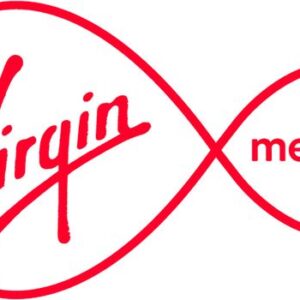“I’ll probably be the lowest paying taxpayer in the office.” – Warren Buffet, 2013
Billionaires typically pay the least tax of anyone in society despite being its wealthiest members. According to a new report from the EU Tax Observatory, part of the Paris School of Economics, they pay 0 – 0.5 percent on average.
Nobel Prize winning Economist Joseph Stiglitz is worried that the current level of disproportionate taxation will harm the supposed democracy that exists in the capitalist world, as he writes in the report’s introduction: “If citizens don’t believe that everyone is paying their fair share of taxes – and especially if they see the rich and rich corporations not paying their fair share – then they will begin to reject taxation.
“Why should they hand over their hard-earned money when the wealthy don’t? This glaring tax disparity undermines the proper functioning of our democracy; it deepens inequality, weakens trust in our institutions, and erodes the social contract.”
He’s right about two things at least. The low level of taxation on billionaires will speed up the deepening inequality in society. The deepening inequality will also make people lose trust in government institutions. But should they trust these institutions in the first place?
The institutions are set up to protect a system where the large majority of people work for the small minority of people who own.
The democracy practiced in these countries is of a most shallow sort: people vote once every three or four years to choose which representatives of the ruling class will oppress them. For the remaining thousand or more days of that period, the citizen, the worker, is a mere spectator to politics. For all they protest, the ordinary people’s voices matter little when it comes time to decide policy.
Taking the US as an example, a study from Princeton found that:
“When a majority of citizens disagrees with economic elites and/or with organised interests, they generally lose. Moreover, because of the strong status quo bias built into the US political system, even when fairly large majorities of Americans favour policy change, they generally do not get it.”
If we look at the UK, we find that policies that are popular among the general public are never instituted, or even promised by politicians who are trying to win office.
Sixty-five percent of people want buses to be in public ownership and 66 percent want the energy sector to be publicly owned, for example.
Meanwhile, the Conservative Party government in the UK fails to build any social housing while at the same time taking millions of pounds in donations from property developers.
The state in any country is run for the benefit of a single class. If a small class of owners exist, profiting by exploiting the labour of the majority, it’s clear to see which class rules in a capitalist country.
According to the EU Tax Observatory report, a 2 percent tax on billionaires’ wealth would bring in US$250 billion per year. That would slow the deepening inequality between classes – though not by much when investment professionals see a 9 percent return above inflation as reasonable for High Net Worth Individuals.
But why allow an exploiter class to exist? The economy should be owned by the people who actually work in it.
What really destroys democracy is having a small but powerful class of parasites who leech off the work of the majority. As long as “our” democratic institutions are configured in a way that allows businesses and individuals to influence policy with their wealth, we shouldn’t trust the institutions.
We should be demanding full democratic control over society, including the economy.





